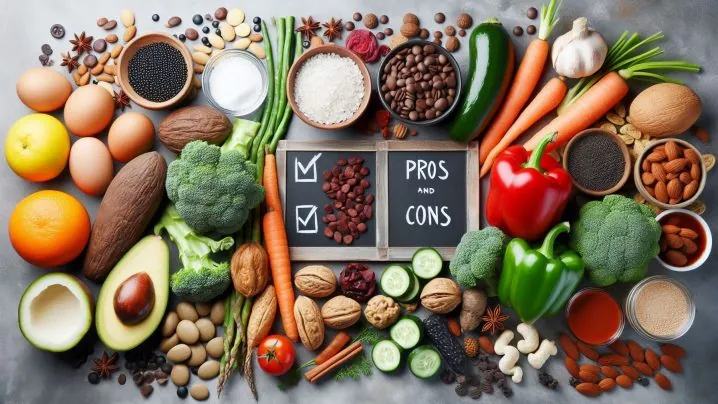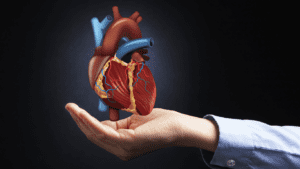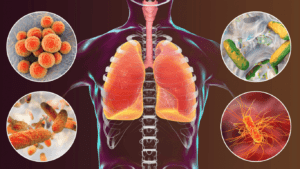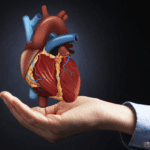Today, more and more people are adopting a vegetarian or vegan diet for various reasons. In this blog post, we will take a detailed look at the pros and cons of a vegetarian and vegan diet from a dietitian's perspective. This information will be useful if you are considering changing your diet or just want to learn more about it.
What is a Vegetarian and Vegan Diet?
First, let's make basic definitions:
- Vegetarian Nutrition: A diet that excludes meat, fish and poultry, but continues to consume foods of animal origin such as dairy products and eggs.
- Vegan Nutrition: A purely plant-based diet that excludes all foods of animal origin (meat, fish, dairy, eggs, honey, etc.).
Let's examine the pros and cons of these diets.
Pros of a Vegetarian and Vegan Diet
1. Reduced Risk of Chronic Disease
Research shows that a plant-based diet can reduce the risk of several chronic diseases. For example:
- Heart diseases: Reduced intake of saturated fat and cholesterol has a positive impact on heart health.
- Type 2 diabetes: Increasing fibrous foods and reducing consumption of processed meat can lower insulin resistance.
- Some types of cancer: The risk of colorectal cancer in particular can be reduced by a plant-based diet.
2. Weight Control
Vegetarian and vegan diets are generally lower in calories and higher in fiber, which can help with weight control. Because plant foods are generally less energy-dense, you can get fewer calories by eating larger portions.
3. Environmental Sustainability
Animal food production uses more natural resources and emits more greenhouse gases than plant food production. A vegetarian and vegan diet can help you reduce your carbon footprint.
4. Ethical Concerns
Many people choose these diets because of their concern for animal rights and welfare. This allows them to lead a lifestyle in line with personal values.
5. Variety of nutrients
Vegetarian and vegan diets often encourage people to consume a wider range of plant-based foods. This can increase the intake of various vitamins, minerals and phytochemicals.
The Cons of Vegetarian and Vegan Diet
1. The Risk of Nutrient Deficiencies
When not planned carefully, a vegetarian and especially vegan diet can lead to some nutrient deficiencies:
- Vitamin B12: Found only in animal sources, requires supplementation in vegan diets.
- Iron: Iron from plant sources is not absorbed as easily as from animal sources.
- Calcium: There is a risk of deficiency, especially in vegans who do not consume dairy products.
- Omega-3 Fatty Acids: EPA and DHA intake may be low in those who do not consume fish.
- Protein: It is important to consume adequate and various plant-based protein sources.
2. Social Difficulties
A vegetarian or vegan diet can cause social difficulties, especially in societies where such styles are not common. Restaurant options may be limited, and food selection may become difficult at family or friend gatherings.
3. The Need for Planning and Preparation
A balanced vegetarian or vegan diet may require more planning and preparation, especially at the beginning. It is important to combine various foods to ensure adequate nutrient intake.
4. Increased Processing in Some Foods
Some vegetarian and vegan alternative products (e.g. meat and dairy alternatives) may be highly processed. Excessive consumption of these products can lead to negative health effects.
5. Potential Cost Increase
Organic products, special vegan alternatives and some plant-based protein sources can be more expensive, which can increase the cost of nutrition.
Recommendations For a Balanced Vegetarian or Vegan Diet
- Provide Variety: Consume fruits, vegetables, whole grains, legumes and oil seeds of different colors and types.
- Diversify Protein Sources: Include various protein sources in your diet, such as legumes, tofu, tempeh, seitan, quinoa, and oilseeds.
- Take a B12 Supplement: B12 supplementation or enriched foods are especially important for vegans.
- Increase Iron Absorption: Consume foods rich in vitamin C along with iron sources.
- Pay Attention to Calcium Intake: Consume calcium sources such as dark green leafy vegetables, calcium-enriched plant milks, and tofu.
- Add Omega-3 Sources: Include flaxseed, chia seed, walnut and algae-based supplements in your diet.
- Have Regular Health Checks: Have regular blood tests to detect nutrient deficiencies.
Conclusion
Vegetarian and vegan eating styles, when planned correctly, can provide many benefits in terms of health, environment and ethics. However, disadvantages such as potential nutritional deficiencies and social difficulties should also be taken into account. Before moving on to any major dietary changes, it is important to consult a dietitian or nutritionist. Each individual's nutritional needs are different, and a personalized approach is critical in creating a healthy and sustainable eating plan.
Remember, even if you're not a vegetarian or vegan, adding more plant-based foods to your diet can contribute to your overall health. The important thing is to find a balanced and sustainable way of eating that suits your needs, values and lifestyle.























